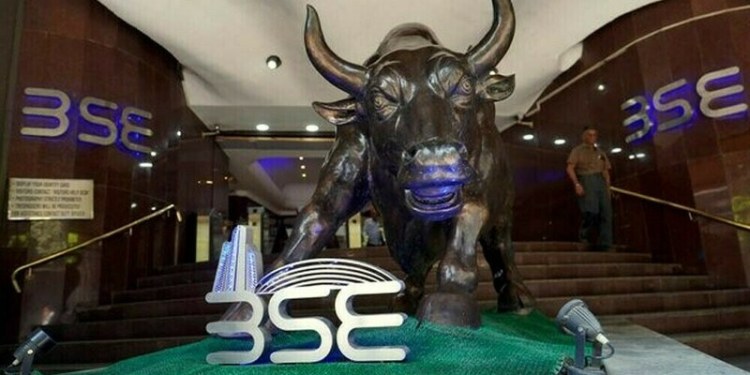By David Lawder
WASHINGTON (Reuters) – Japan’s Economy Minister Toshimitsu Motegi said on Friday he had had productive trade talks with U.S. Trade Representative Robert Lighthizer and that they planned to meet again in September.
He said both acknowledged the importance of expanding trade between the two nations.
“We agreed to seek ways to promote Japan-U.S. trade by working out gaps between the two nations and expand areas to cooperate based on shared understanding,” Motegi told reporters after two days of talks in Washington.
“We will continue talks and proceed further at next meeting we plan to hold in September,” he said.
He said the atmosphere of the meeting with Lighthizer was “very good” and “energetic”.
Motegi also said he and Lighthizer exchanged views on individual trade areas but nothing had been decided.
The U.S. Trade Representative’s office said in a statement that the two sides had “frank discussions” on their respective views about trade and investment, and achieved a better understanding of each other’s positions.
“Based on these discussions, both sides agreed to explore ways to fill the gap between their positions and to promote trade between the United States and Japan, and expand areas of cooperation based on common understanding,” USTR said, adding that the next round of “consultations” would be held sometime in September.
The talks launched a round of what the two sides call “free, fair and reciprocal” negotiations. They fall within broader bilateral economic discussions led by Vice President Mike Pence and Deputy Prime Minister Taro Aso.
U.S. President Donald Trump wants a bilateral free trade agreement but Tokyo is wary because such an agreement would boost pressure to open sensitive markets such as agriculture.
Japan went into the talks aiming to avert steep tariffs on its car exports threatened by Trump while fending off U.S. demands to engage in bilateral talks toward a bilateral free trade agreement. Trump has complained about Japan’s $69 billion trade surplus with the United States, and the inability of American car makers to sell significant volumes in Japan.
But Trump’s “Section 232” national security investigation into automotive imports could lead to tariffs of 25 percent on imported cars, including those from Japan, and has raised concerns that such a move would harm the Japanese, European and U.S. economies.
Japan also has urged Washington to return to the multilateral Trans-Pacific Partnership deal after Trump withdrew the United States from the trade pact last year.
Fusion Media or anyone involved with Fusion Media will not accept any liability for loss or damage as a result of reliance on the information including data, quotes, charts and buy/sell signals contained within this website. Please be fully informed regarding the risks and costs associated with trading the financial markets, it is one of the riskiest investment forms possible.
Source: Investing.com



























